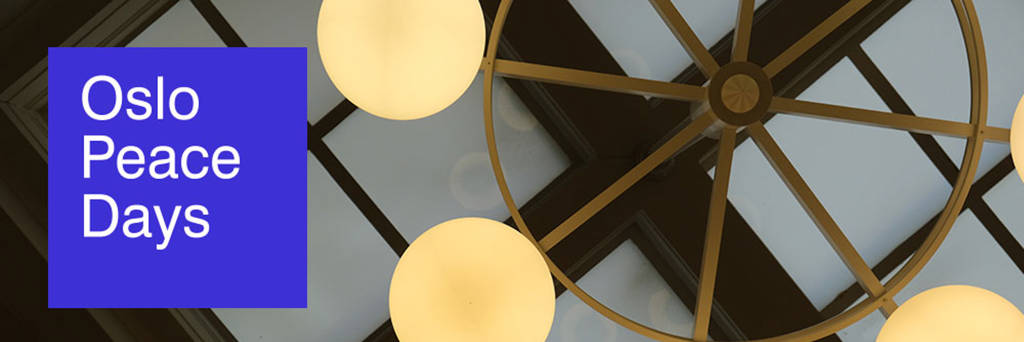
In light of the shifting geopolitical landscape, the long-standing theory of democratic peace - asserting that democracies rarely wage war against each other - is facing critical scrutiny.
This panel will discuss whether this principle still holds true in an era marked by shifting power dynamics, rising authoritarianism, and the erosion of liberal democratic norms.
With conflicts increasingly shaped by hybrid warfare, economic rivalries, and regional instability, the traditional correlation between democracy and peace may be weakening.
This discussion will explore whether contemporary democracies are more prone to conflict, or if the theory needs to be redefined for a multipolar world. The panel will also revisit Francis Fukuyama's "End of History" argument, which predicted the triumph of liberal democracy as the final form of human governance.
As new global players and political ideologies emerge, panelists will assess whether this notion is still relevant, or if we are witnessing the rise of new patterns of conflict that challenge the foundations of democratic peace.
Speakers
- Ms. Hilde F. Johnson, European Institute of Peace
- Prof. Carl Henrik Knutsen, University of Oslo
- Dr. Marianne Dahl, Peace Research Institute Oslo
The discussion will be moderated by Dan Banik, Academic Director of Circle U's democracy hub.
The event is free and open to all, but we ask that you register in advance. Register here.
This event is part of Oslo Peace Days 2024. Follow this link for full programme.





